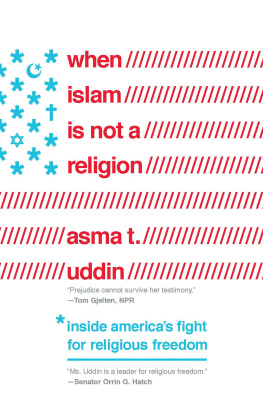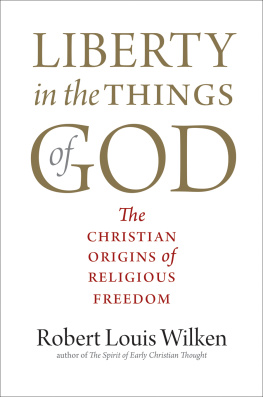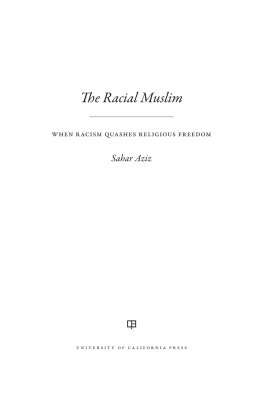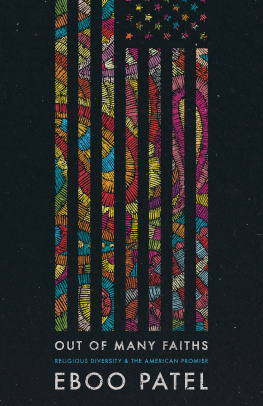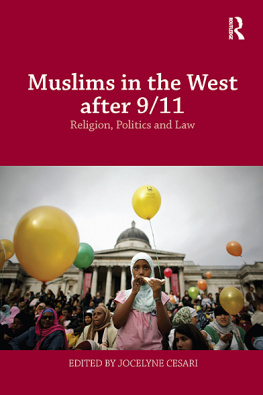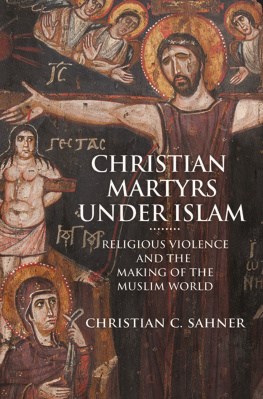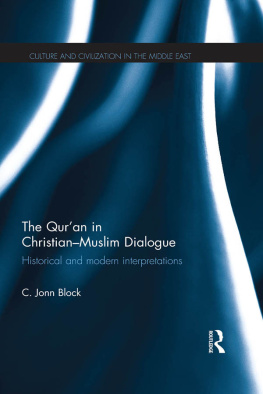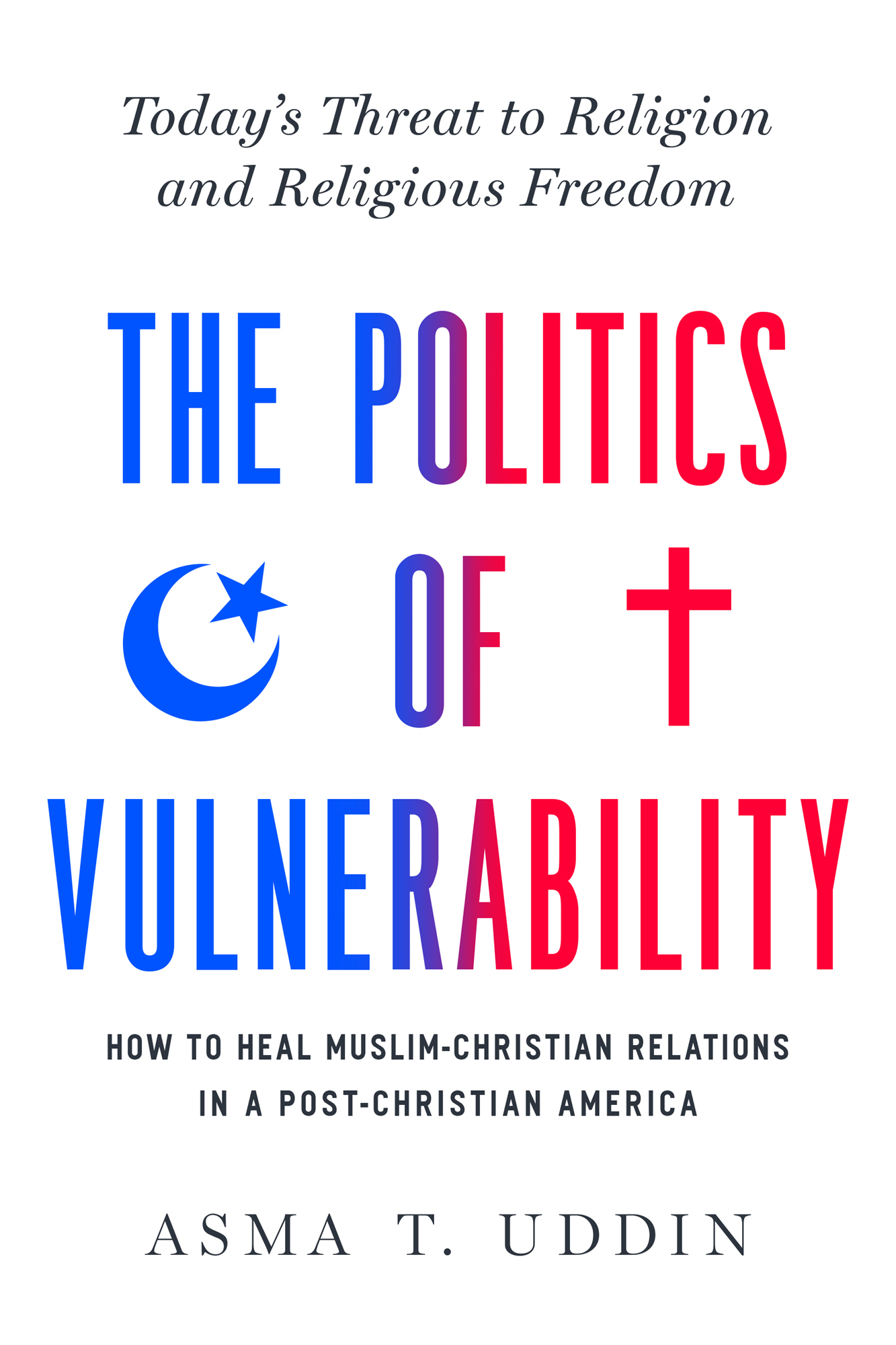Asma T. Uddin - The Politics of Vulnerability: How to Heal Muslim-Christian Relations in a Post-Christian America: Todays Threat to Religion and Religious Freedom
Here you can read online Asma T. Uddin - The Politics of Vulnerability: How to Heal Muslim-Christian Relations in a Post-Christian America: Todays Threat to Religion and Religious Freedom full text of the book (entire story) in english for free. Download pdf and epub, get meaning, cover and reviews about this ebook. year: 2021, publisher: Pegasus Books, genre: Religion. Description of the work, (preface) as well as reviews are available. Best literature library LitArk.com created for fans of good reading and offers a wide selection of genres:
Romance novel
Science fiction
Adventure
Detective
Science
History
Home and family
Prose
Art
Politics
Computer
Non-fiction
Religion
Business
Children
Humor
Choose a favorite category and find really read worthwhile books. Enjoy immersion in the world of imagination, feel the emotions of the characters or learn something new for yourself, make an fascinating discovery.

- Book:The Politics of Vulnerability: How to Heal Muslim-Christian Relations in a Post-Christian America: Todays Threat to Religion and Religious Freedom
- Author:
- Publisher:Pegasus Books
- Genre:
- Year:2021
- Rating:5 / 5
- Favourites:Add to favourites
- Your mark:
The Politics of Vulnerability: How to Heal Muslim-Christian Relations in a Post-Christian America: Todays Threat to Religion and Religious Freedom: summary, description and annotation
We offer to read an annotation, description, summary or preface (depends on what the author of the book "The Politics of Vulnerability: How to Heal Muslim-Christian Relations in a Post-Christian America: Todays Threat to Religion and Religious Freedom" wrote himself). If you haven't found the necessary information about the book — write in the comments, we will try to find it.
Despite the dire consequences of Americas cultural, political, and religious divisiveness, from increasing incivility to discrimination and outright violence, few have been able to get to the core cause of this conflict. Even fewer have offered measures for reconcilliation.
Now, in The Politics of Vulnerability, Asma Uddin, American-Muslim public intellectual, religious-liberties attorney, and activist, provides a unique perspective on the complex political and social factors contributing to the Muslim-Christian divide. Unlike other analysts, Uddin asks what underlying drivers cause otherwise good people to door believebad things? Why do people who value faith support of measures that limit others, especially of Muslims, religious freedom and other rights?
Uddin humanizes a contentious relationship by fully embracing both sides as individuals driven by very human fears and anxieties. Many conservative Christians fear that the Left is dismantling traditional Christian America to replace it with an Islamized America, a conspiratorial theory that has given rise to an evangelical persecution complex, a politicized vulnerability.
Uddin reveals that Islamophobia and other aspects of the conservative Christian movement are interconnected. Where does hate come from and how can it be conquered? Only by addressing the underlying factors of this politics of vulnerability can we begin to heal the divide.
Asma T. Uddin: author's other books
Who wrote The Politics of Vulnerability: How to Heal Muslim-Christian Relations in a Post-Christian America: Todays Threat to Religion and Religious Freedom? Find out the surname, the name of the author of the book and a list of all author's works by series.

